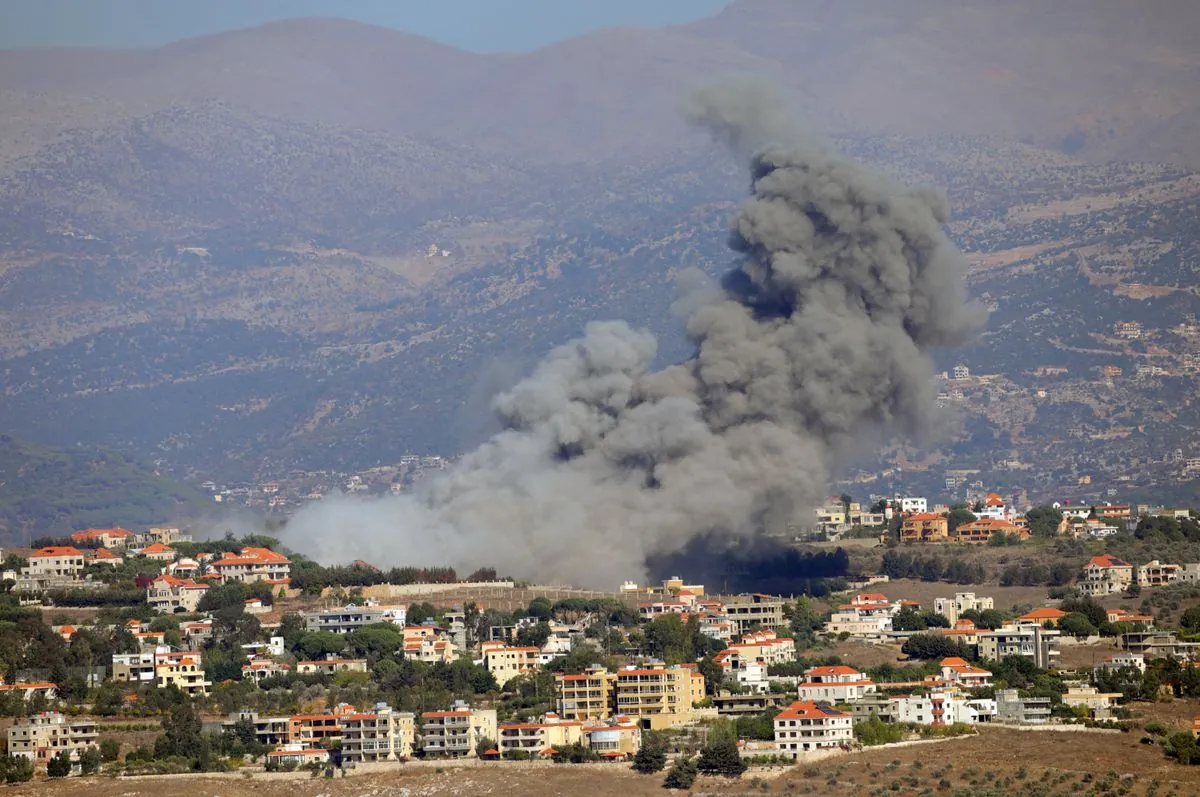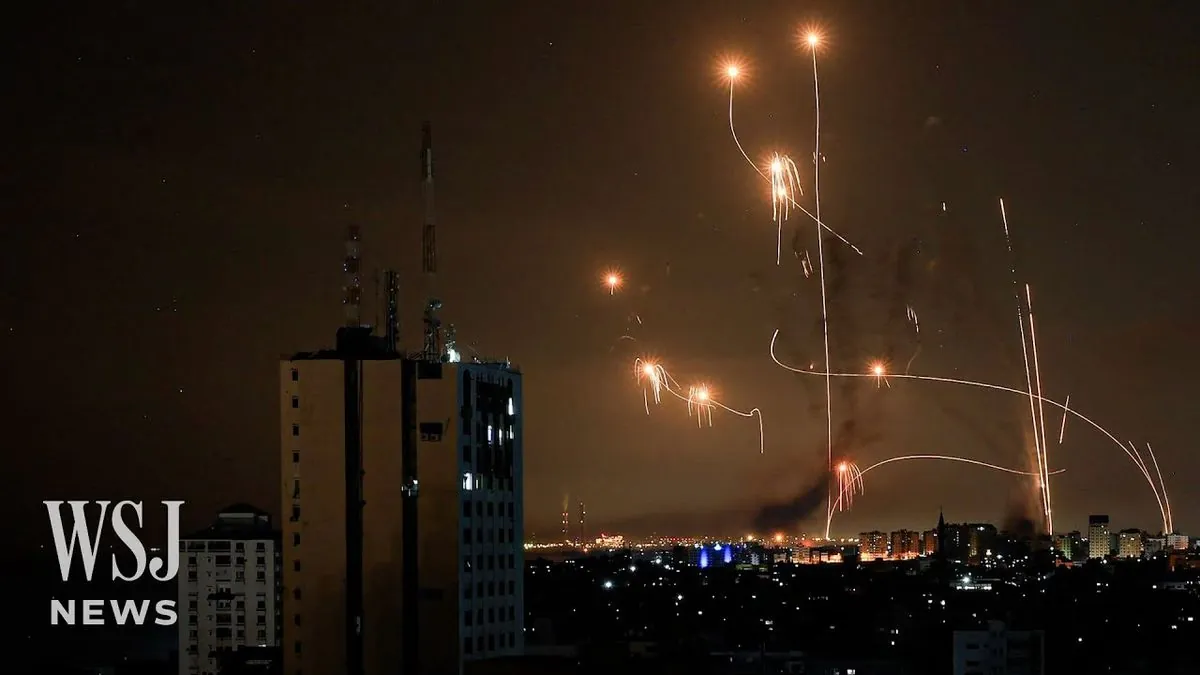Israel Weighs Ceasefire as Lebanon Conflict Intensifies
Israel continues discussions on ceasefire proposals amid escalating conflict with Hezbollah in Lebanon. U.S. and France propose 21-day truce as civilian displacement rises on both sides of the border.

In the ongoing conflict between Israel and Hezbollah, Benjamin Netanyahu has announced that Israel will continue discussions on ceasefire proposals for Lebanon in the coming days. This statement comes amidst escalating tensions and increased military actions on both sides.
The current situation stems from events that began on October 8, 2023, when Hezbollah, a Shia Islamist political party and militant group founded in 1985, initiated attacks on Israel in solidarity with Palestinians as the Gaza war erupted. Since then, the conflict has intensified, with Israel conducting airstrikes in Lebanon and Hezbollah launching retaliatory attacks.
In the past week alone, Israeli strikes have reportedly resulted in over 600 casualties in Lebanon, according to the Lebanese health ministry. One particularly devastating attack on September 27, 2024, claimed the lives of nine family members, including four children, in the border town of Shebaa.
Hezbollah has responded by firing rockets at Israeli towns, including Kiryat Ata near Haifa and Tiberias, both located in northern Israel. These attacks have disrupted daily life across much of northern Israel, despite the effectiveness of Israel's Iron Dome air defense system in intercepting many incoming rockets.

The United States and France have proposed an immediate 21-day truce on September 25, 2024, in an effort to de-escalate the situation. Negotiations are ongoing, including discussions on the sidelines of the United Nations General Assembly in New York, where Netanyahu is currently in attendance.
While Netanyahu has acknowledged these ceasefire discussions, he has also ordered Israeli troops to continue their military operations in Lebanon with full force. This dual approach has led to some confusion and conflicting statements from Israeli officials.
U.S. Secretary of State Antony Blinken has emphasized the importance of reaching a ceasefire agreement, warning that further escalation will only make it more difficult for civilians to return to their homes on both sides of the border. The conflict has already resulted in significant displacement, with over 90,000 people in Lebanon reported as newly displaced this week, according to the UN International Organization for Migration.
The current situation is reminiscent of the 2006 Lebanon War, a 34-day military conflict between Hezbollah and Israel. The ongoing tensions highlight the complex history of the Israeli-Lebanese conflict, which has roots dating back to the 1948 Arab-Israeli War.
As the situation unfolds, the international community continues to call for a peaceful resolution. The United Nations, which has been involved in peacekeeping efforts in Lebanon since the 1970s, remains a key player in facilitating dialogue between the parties involved.
The conflict's impact extends beyond the immediate region, affecting Lebanon's already fragile economy, which has been in crisis since 2019. Meanwhile, the humanitarian situation in Gaza remains dire, with nearly the entire 2.3 million population displaced and facing a hunger crisis.
As negotiations continue, the world watches closely, hoping for a resolution that will bring stability to this volatile region and allow civilians on both sides to return to their homes safely.
"Our teams met (Sept. 26) to discuss the U.S. initiative and how we can advance the shared goal of returning people safely to their homes. We will continue those discussions in the coming days."


































